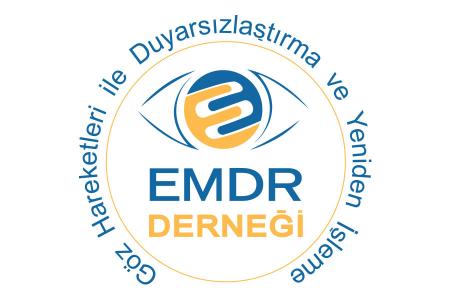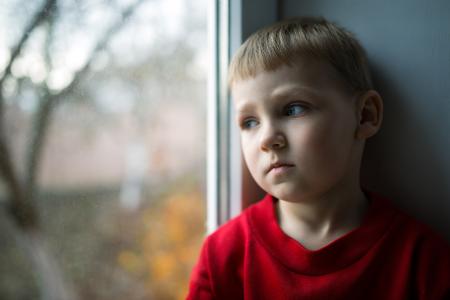Trauma in Children and Adolescents
Trauma is defined as situations that occur quite unexpectedly in life’s daily routine and undermines an individual’s endurance or overwhelms it. In the emergence of a trauma it is very important that the child senses that his/her life or someone else’s life was threatened in the event. The more direct the threat the greater impact it has on the child.
Some of the traumas are experienced as a result of natural disasters. Completely unexpected disasters like floods, fires, earthquakes may affect a child’s in various dimensions and from that day on, the child’s life may never be the same again.
The events that have caused the trauma may also be manmade. Among these, such incidents like burglary, harassment, rape, accidents, witnessing violence may be mentioned, but it can also be something like forgetting lines at an end of a school year performance. Some of the traumas may have occurred only once and for a short time. Examples of these are natural disasters, accidents, harassment. In some other situations the trauma may have lasted for longer periods, for example, being harassed for a long time, war, being a refugee, or having been taken hostage.
The Role of Adults in the Perception of The Child’s Trauma
When your child has been subjected to a traumatic incident, or when you have been subjected to a traumatic incident all together, how your child will perceive and interpret this unexpected and painful incident and how s/he will react to it, for the most part depends on the adults around him/her, especially the parents. The incident the child has experienced was, most probably something that s/he had encountered for the first time, so s/he has not formed a behavior pattern. Therefore the first thing the child will do is to observe his/her parents. The factors that will affect the child positively, and the parents’ role may be listed as:
- Paying close attention to child’s emotions and thoughts,
- Making special efforts to restore and sustain the child’s sense of security and to avoid reflecting their own desperation to the child, for example by saying “we are trying to find a solution to this turn of events, we’ll be more comfortable soon”,
- Giving the child as clear and coherent information as possible, especially where natural disasters such as earthquakes are concerned, about the situation,
- Making the child believe that soon they will return to the life that resembles what they used to have by taking control of the situation.
- Accentuating the fact that the child is safe now,
- Adopting as much as possible a positive and future focused viewpoint.
It is impossible for you to prepare your child for every kind of traumatic event that s/he may encounter in life. However, by increasing your child’s awareness on these subjects, will lay the groundwork for them to be relatively prepared for traumatic events; grave anxieties that an unknown and ambiguous situation encountered for the first time will create will enable the child to cope with it up to a point.
In order to assure that your child is more prepared for natural disasters, you can talk to him/her about these phenomena and have some coloring activates with him/her.
Traumatic experiences may stem from various events. We would like to present some occurrences to serve as examples. We recommend that your children not read them.
Releated Content:
Purpose of EMDR-TR is to set the standards on clinical applications of EMDR Therapy in Turkey also to execute training programs for proffesionals. In addition ...
Trauma is defined as situations that occur quite unexpectedly in life’s daily routine and undermines an individual’s endurance or ...
Francine Shapiro, PhD, an American psychologist, developed Eye Movement Desensitization and Reprocessing (EMDR) Therapy as a breakthrough therapy ...
Institute for Behavioral Studies, Trauma Center is founded for providing counseling services to those experiencing trauma and to reduce the negative effects on ...






